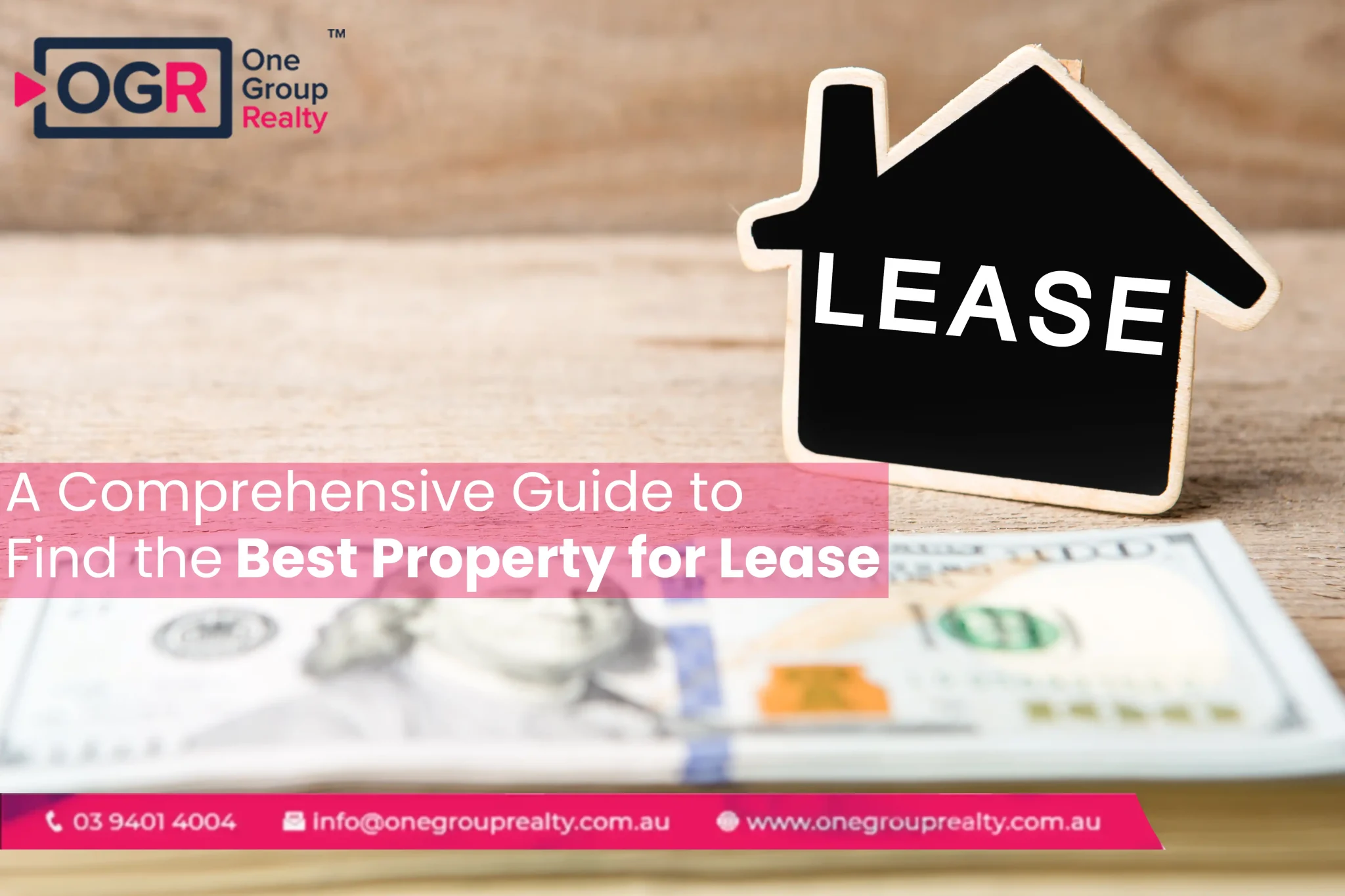
For most people, a home is the most peaceful place to be. Being able to live in a place of our own is so comforting. Many people, however, fail to consider the steps required to attain the dream home. Buying a home for the first time requires a constructive approach. As part of the ideal home-buying process, you should establish your exact requirements, assess your finances, do a thorough property search, and conduct a safe and secure transaction.
In the following guide, we’ll demystify the process so you get the most out of your first home purchase, including what to think about before you buy and what to expect from the buying process itself.
1) Do Proper Research: First-time homebuyers in 2023 should do a lot of research before making a purchase. Your home purchase may be the most expensive purchase of your life, so pick the perfect home and area carefully and think about your finances carefully before pulling the trigger (both personally and financially).
Specifically, you should determine:
- -Describe the type of home you want, including its square footage, features, and inclusions
- -What area do you want to buy a home in
- -Make a decision about what type of home you want to buy and where you want to purchase a property before moving forward. Don’t start home shopping without determining you are non-negotiable.
2) Understanding Your Budget: Affordability and budget are the first steps to purchasing a house. Consider how much you can afford in relation to apartment prices. Your first step should be to evaluate the prices of different developers’ houses and narrow down your choices for residences based on your budget. Make a long-term plan for your future and determine how much money you can set aside for mortgage repayments by looking at your finances and yourself.
3) Identify your Borrowing Capacity: The next step is to find out how much you can borrow after determining how much you are able to set aside for monthly mortgage payments. The amount of your borrowing limit will vary from lender to lender. Alternatively, you can speak with a mortgage broker or a bank who will be able to tell you how much the lenders on their panel will lend to you based on your income, debts, assets, number of dependents, and whether you are buying the property alone or with someone else.
4) Choose a Good Location: In home-buying advice, it is important to choose a property close to commercial and entertainment areas, IT parks, educational institutions, hospitals, supermarkets, parks, theaters, etc. In addition to market value, quality of life is also impacted by the location of a house. In spite of market instability, homes in affluent residential areas are well-connected and secure. In order to find out where you can afford to buy, you can research property prices, and there are plenty of existing property market data to help you quickly find the median price of an area.
5) Decide on Ideal Property Type: Following your fine-tuning of different suburbs for your future home, you must now research different properties listed in those suburbs. When choosing a property type, keep these things in mind:
- -Structural integrity: Make sure you inquire about plumbing, electrics, insulation, materials in the structure, and any existing damage when reviewing the structural integrity of the property.
- -Property size: No matter what type of property you choose, you’ll need an idea of its size. Identify your lifestyle needs and the property size that will allow you to live comfortably. It will help you determine if you need a two-bedroom or three-bedroom property, as well as whether you need a living room, a baby’s room, or an outdoor entertaining area.
6) Quality of Construction: When buying a home, buyers need to consider the quality of the project’s construction. Take a close look at the walls, their overall appearance and feel, how the finishing is done, and if the paint looks new or has already been applied. Make sure the fittings, wiring, and tiles are of good quality.
7) Documents Verification: During the purchase of a property, it is crucial to check all the necessary documents. By getting proper legal advice, carefully reviewing documentation, and verifying pertinent information regarding the property, the buyer can make sure that the purchase gives them a sense of comfort and safety. The following is a checklist of documents you should verify when buying a house:
- -Title document
- -Certificate of land use permission and conversion
- -Occupancy certificate
- -Construction certificates
- -Property Tax Receipts
- -Insurance
- -No Objection certificate
8) Cost of Buying a House: In order to truly understand the scope of the costs associated with buying a home, it is wise to seek advice from a financial advisor, accountant, or lender. You may incur the following costs:
- -Deposit: To secure a home loan, you need a deposit of 10-20%
- -Stamp duty: Your state determines the amount of stamp duty you’ll pay based on the purchase price of the property
- -Legal and conveyance fees: An amount should be set aside for conveyance and other legal checks
- -Building and pest inspections: Ensure your investment or home is solid by completing a building and pest inspection
There are also ongoing mortgage repayments, utilities, moving costs, council rates, strata fees, home insurance, and mortgage protection insurance to consider.
9) Home Inspection: It is essential to have a trained professional inspect your potential new home for quality, safety, and overall condition, even if it appears to be flawless. Generally, if the home inspection reveals serious defects that the seller did not disclose, you can rescind your offer. If you are in this situation, you may be able to work with the seller to have the repairs made or to negotiate a discount on the sale price.
10) Find the Right Real Estate Agent: Through a real estate agent, your chances of finding a good property are greater and less frustrating due to their endless list of houses and land for sale. Using a realtor minimizes your legal risk exposure. A good agent will communicate effectively with banks, attorneys, government offices, and the other party to assist you. When choosing a real estate agent, you should also follow your gut instinct. If you’re in the market for a house or a luxury villa, a realtor can give you an edge you never knew you had.
The Bottom Line
If you have any gaps in your home-buying knowledge, this overview should help you fill them in. The more you prepare yourself for the process, the less stressful it will be and the more likely you will be to get what you want at a price you can afford.
Are you seeking a house and land for sale? One Group Realty has a wide selection of homes, land, and other properties for sale that will fit every budget and preference.








